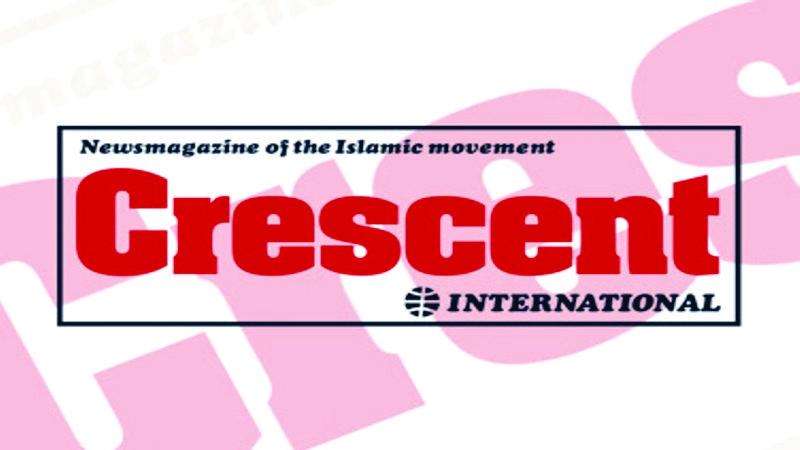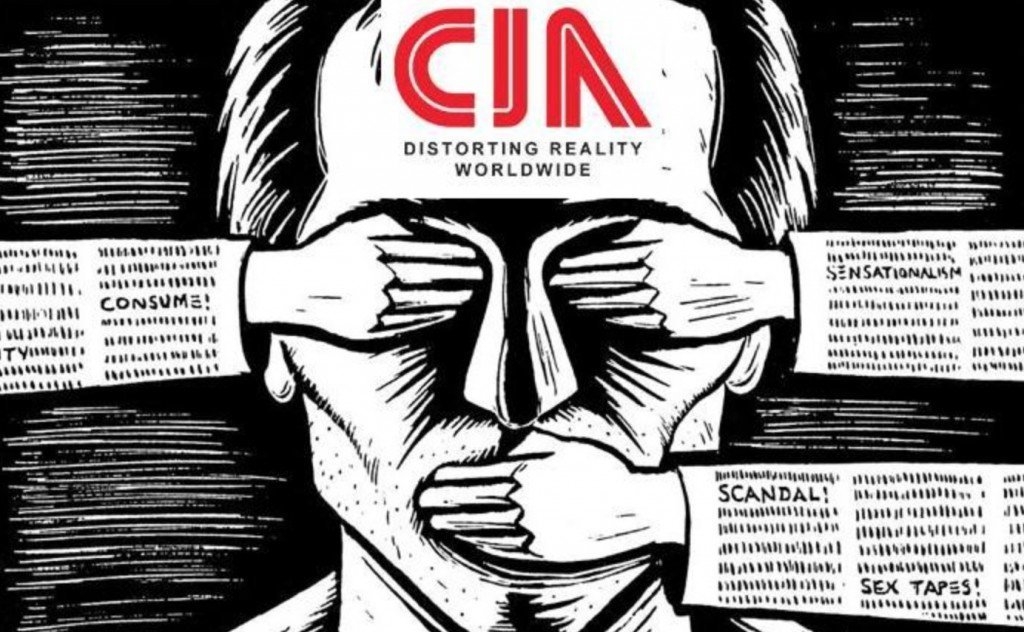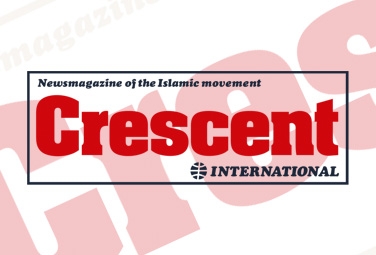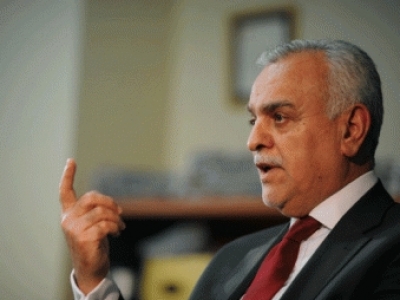No change in Iraq after handover of power
Empowering Weak & OppressedAhmad Musa
Jumada' al-Akhirah 14, 1425 2004-08-01
Occupied Arab World
by Ahmad Musa (Occupied Arab World, Crescent International Vol. 33, No. 6, Jumada' al-Akhirah, 1425)

The formal transfer of power from the US-dominated Coalition Provisional Authority to a puppet Iraqi regime led by Iyad Allawi at the end of June was widely recognised as a hollow and meaningless public relations exercise. The subsequent transfer of Saddam Hussein from US to Iraqi custody, even though he remains a prisoner of the Americans in all but name, typifies the sort of independence the Allawi regime enjoys. Little wonder, then, that little else has changed in Iraq in the past month.
The Americans' main preoccupation when they were officially in charge was with security – not for the Iraqi people suffering the effects of an incredibly brutal occupation, but for their own troops and expatriate workers facing the anger of the Iraqi people and of military resistance groups. Little surprise, then, that security has also been Allawi's main emphasis since he took over, with a renewed drive to recruit Iraqis to the new security and police forces so they can take over doing the dirty work that the US forces have completely failed to do.
These new security forces, operating under American command, have conducted a number of raids against Iraqis suspected of sympathising with the resistance in major Iraqi towns and cities. Witnesses report that the US officers have been urging them to take greater risks, and to be more repressive of the people they encounter, than the US ever dared to be themselves. Having handed day-to-day policing and security work to the Iraqi forces as far as is possible, the US is instead operating a more targeted dirty war against Iraqi opposition to the occupation. American journalist Seymour Hersh revealed in June that the US special forces had trained teams of hitmen at their main base in Fort Bragg, North Carolina, and in Israel, to undertake assassinations and the sort of underground operations that the US carried out in Nicaragua and Honduras a few years ago. The Pentagon has not denied the reports.
One question which was often asked in the run-up to the transfer of power, as a barometer of how independent the Iraqi government would really be, was whether it would be able to prevent the US from carrying out the sort of attack it launched on Falluja in April. As most people expected, there has been no let-up in the US's targeting of centres of resistance in Anbar Province, the so-called Sunni Triangle. Instead it has intensified operations after what appeared to be a brief lull in the run-up to the transfer of power, with major operations against alleged resistance centres in Falluja, Ramadi (the capital of Anbar) and Baqubah in particular. In Falluja, which remains virtually a no-go area for American troops, the attacks have consisted largely of air strikes on houses and other buildings allegedly used by the resistance, in which large numbers of people, usually civilians, have been killed.
Elsewhere, the US has stated its determination not to allow the creation of another Falluja, by withdrawing from a town and handing power to a local force which may prove to be of limited loyalty to the occupation forces. Confronted with increasing resentment and opposition in Ramadi and Baqubah, therefore, the US response has been to become increasingly violent. Since the US Marines arrived in Ramadi (population 450,000) in March, they have suffered over 30 deaths and more than 180 other casualties, a casualty rate of over 20 percent of their normal strength of 1,000 men. Despite this, the area of Ramadi that they effectively control has been reduced to a key stretch of highway running through central Ramadi between three US bases.
These casualties are dwarfed, however, by the losses inflicted on the Iraqis. Some of the heaviest fighting since the Falluja siege took place in Ramadi on July 21. Over 25 people were killed and many more injured as hundreds of marines took on resistance fighters. The US forces claimed that the dead were all resistance fighters (or terrorists, as they call them), but locals said that most were innocent by-standers killed as the US forces used heavy weaponry at random in the streets of the town. Foreign journalists acknowledge that local versions are usually more reliable than those given by the US authorities. Although no count is kept of Iraqis killed by US forces, the number is thought to run into the thousands.
Despite this US pressure, resistance operations against the US and the puppet Iraqi government have continued virtually unabated, with Iraqi officials and members of the Iraqi security forces being particularly targeted, a strategy criticised by many Iraqis who would prefer that the resistance focus their attacks on US and other foreign personnel.
The US blames all the violence on foreign fighters commanded by Abu Musaab Al-Zarqawi, a Jordanian mujahideen leader reportedly based in Falluja, although there is confusion regarding his actual whereabouts and even whether he is still alive; according to unconfirmed reports, he was killed in northern Iraq early in July. The scope and intensity of the resistance, however, indicates that it is far more broadly based than that, and has considerable support among the Iraqi people, at least in their opposition to the US forces, even if they disagree with the targeting of Iraqis.
Initial reports that Allawi would announce an amnesty for resistance fighters have proved incorrect, probably because of US opposition, but such are the continuing problems that the option may yet be renewed. Unfortunately for Allawi, his own unpopularity is such that the amnesty call is unlikely to succeed in persuading many resistance fighters to surrender their weapons.
In the mean time, while the world's attention is focused on the continuing fighting, there is little sign of either any political progress towards an American disengagement from Iraq, or towards more popular, representative or democratic institutions.




